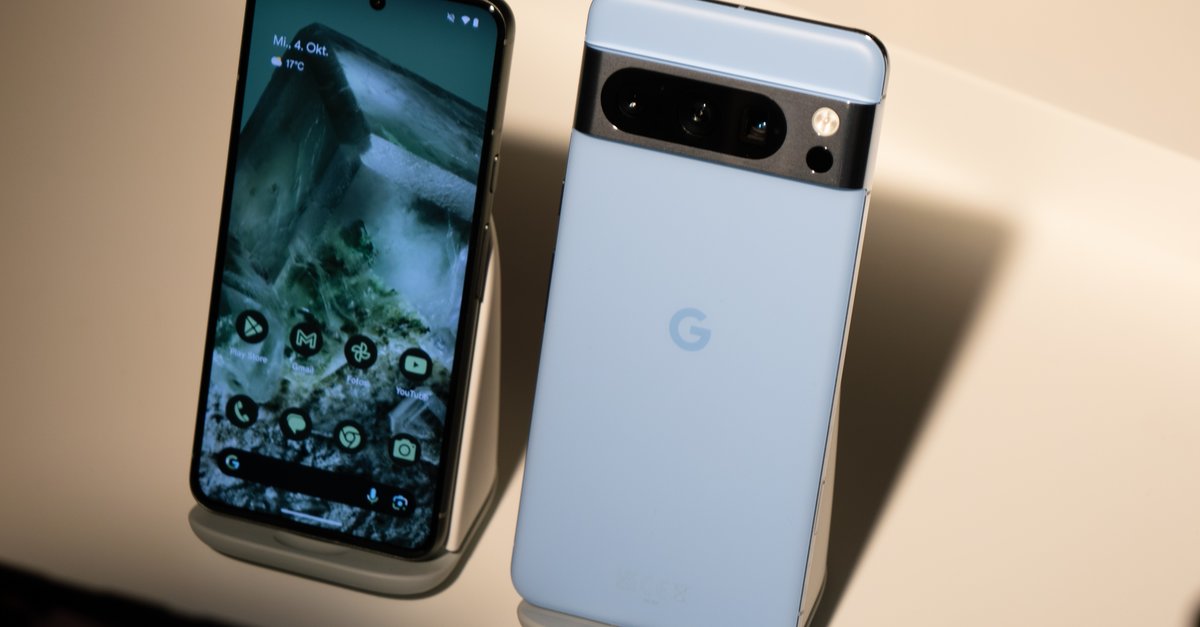Intel strikes back with its own numbers
With its M1 chip, Apple has surpassed the processor competition in the eyes of many: Even with the entry-level model, the MacBook Air, you get an astonishingly high performance and long battery life for the money. Intel does not want to let that stand and is now showing its own figures – a specialist journal sees problems with this.
Apple M1: Intel sees itself ahead in the processor race
The in-house M1 chip heralds a new era for Apple: The cheapest Macs also beat high-priced models with Intel chips in many areas. We strongly advise against buying such a discontinued model. Intel is now defending itself for the first time against Apple’s new processor – with a presentation that the portal first PCWorld published.
Intel claims that the 11th generation of its processors, nicknamed “Tiger Lake”, is around 30 percent faster than the Apple chip. In a benchmark test (WebXPRT 3) an Intel device with 16 GB of RAM clearly outperformed the similarly equipped MacBook Pro in one point in particular: the Intel device completed the image improvement test around three times faster than the Apple computer. The Intel device was also almost 2.5 times faster when exporting PDF to PowerPoint.
PCWorld considers the numbers to be credible, but notes that Intel has been working with the developer of the benchmark test used for years. One can also ask whether Intel is currently using the tasks for a comparison that have an advantage in its own processor design.
One could suspect when testing the Content creation-Performance: While the systems at Handbrake and Adobe Premiere Pro and Photoshop show a similar level of performance, the Intel system is clearly ahead in the Topaz Labs image enhancement tool – around a factor of 6 is that the developers are making use of Intel’s hardware acceleration.
Apple introduces the new MacBook Air with an M1 chip:
Comparative values not without criticism
In tests, Intel succeeds in catching up with the battery life of the M1 MacBook Air in Netflix streaming. A good performance that cannot easily be denied. That there is a bit of desperation in the comparison – like a popular Apple blog formulated – is shown elsewhere: Intel also criticizes, for example, that devices such as gaming headsets, Wacom tablets and gaming controllers do not work without restrictions. That may be true, but it has only limited informative value for the young M1 platform. Last but not least, the devices with the M1 chip that have appeared so far are also “entry-level” models. More powerful MacBook models, such as the MacBook Pro with 16-inch display, are currently still offered by Apple with Intel processors. A new 14-inch model is also expected in 2021.



